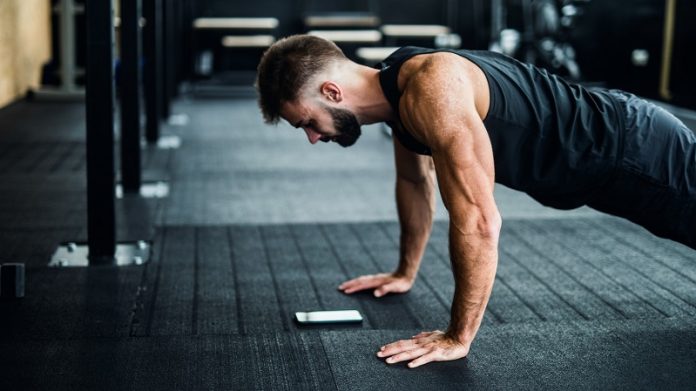Replacing 30 minutes of social media use per day with physical activity can enhance emotional well-being and reduce stress, say researchers behind a new study on the subject. While clicking on a social media link might bring a few moments of immediate gratification, the interest in physical activity was found to linger for over six months after the study ended.
Social media use soared during the lockdowns and contact restrictions imposed by authorities in the immediate aftermath of the COVID-19 pandemic. Millions of people all over turned to SMU to escape feelings of isolation, anxiety, and hopelessness. But this excessive screen time led to addictive behaviors among many people, including stronger emotional attachment to social media, and deeper mental anguish.
Researchers at the Ruhr-Universitätt in Bochum, Germany investigated the effects of reducing social media use (SMU) and increasing physical activity, or both, on emotional well-being and tobacco consumption. The researchers found that participants in their study who cut back on social media and exercised more experienced greater happiness and less stress related to the COVID-19 pandemic. Reduced social media use also correlated with less tobacco consumption.
A follow-up on the participants six-months after the study revealed that they continued spending less time on social media, maintaining physical activity, feeling happier, and smoking fewer cigarettes.
For their study, the researchers recruited 642 healthy adult social media users and placed them in four experimental groups. The social media (SM) group had 162 individuals, the physical activity (PA) group of 161, a combination group of 159, and a control group of 160.
Over two weeks, the SM subjects reduced their daily SMU time by 30 minutes and the PA group increased their daily physical activity by 30 minutes. The combination group applied both interventions, while the control did not change their behaviors.
The participants completed online surveys and ‘daily compliance’ diaries at the start of the trial, 1 week later, and after the 2-week period. They also submitted follow-up surveys at 1, 3, and 6 months post-experiment.
From the results at the end of the study, the research team concluded that their interventions helped people decrease the time they spend with SM. Even six months after the experiment, the participants had reduced their daily initial SM time by about 37 minutes in the SM group, by about 33 minutes in the PA group, and by about 46 minutes in the combination group. Moreover, participants reported having a decreased emotional bond with social media.
All the interventions encouraged more physical activity as well. “Six months later, our participants had enhanced their initial weekly physical activity time for 26 minutes in the SM group, for 40 minutes in the PA group, and for 1 hour 39 minutes in the combination group,” the authors wrote. Even the control group increased their activity by 20 minutes.
Shortcomings to the study include that it lacked diversity, also the study did not consider which form of SMU the subjects were using or specify which type of physical activity the participants engaged in. The researchers hope that future work will focus more on these factors.
The researchers noted that mental health constitutes two distinct but interrelated dimensions — positive and negative. With this paradigm, they hypothesized that the positive dimension of their intervention would “increase life satisfaction and subjective happiness.” The negative dimension would decrease “depression symptoms and addictive tendencies of SMU.”
Doctors and psychiatrists point out that excessive social media use weakens social interpersonal bonds, which can negatively impact mental health. They note that the brain’s reward system gets activated from clicking or scrolling or maintaining the use of social media. What the research demonstrated is that people need to be aware of this self-soothing aspect of social media use, and work to limit it by engaging in alternatives such as exercise that similarly activates the brain’s reward system.
Exercise increases the production of neurotransmitters, the brain’s natural antidepressants and antianxiety molecules. Consequently, more exercise can build mental health, while less activity due to social media overuse can curtail healthy brain chemistry.

















